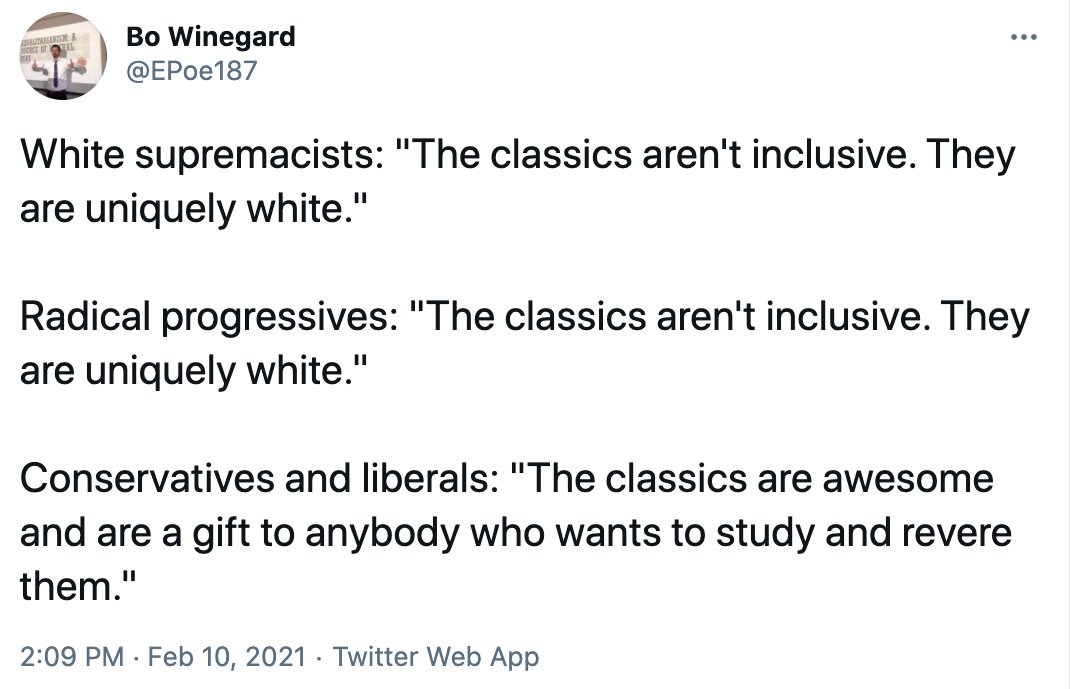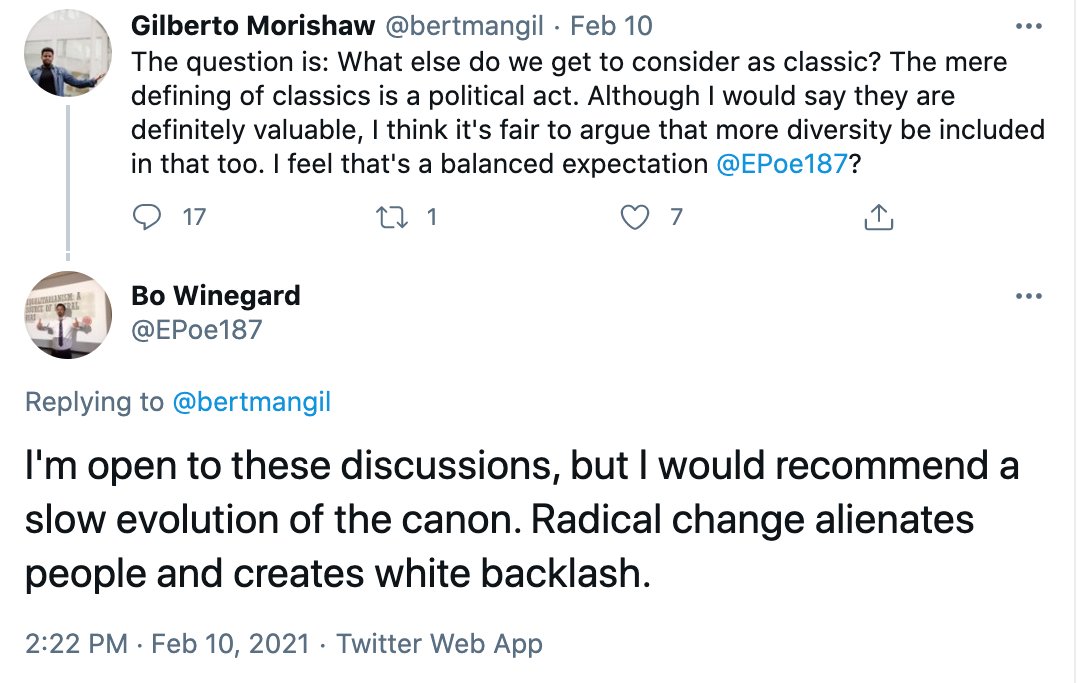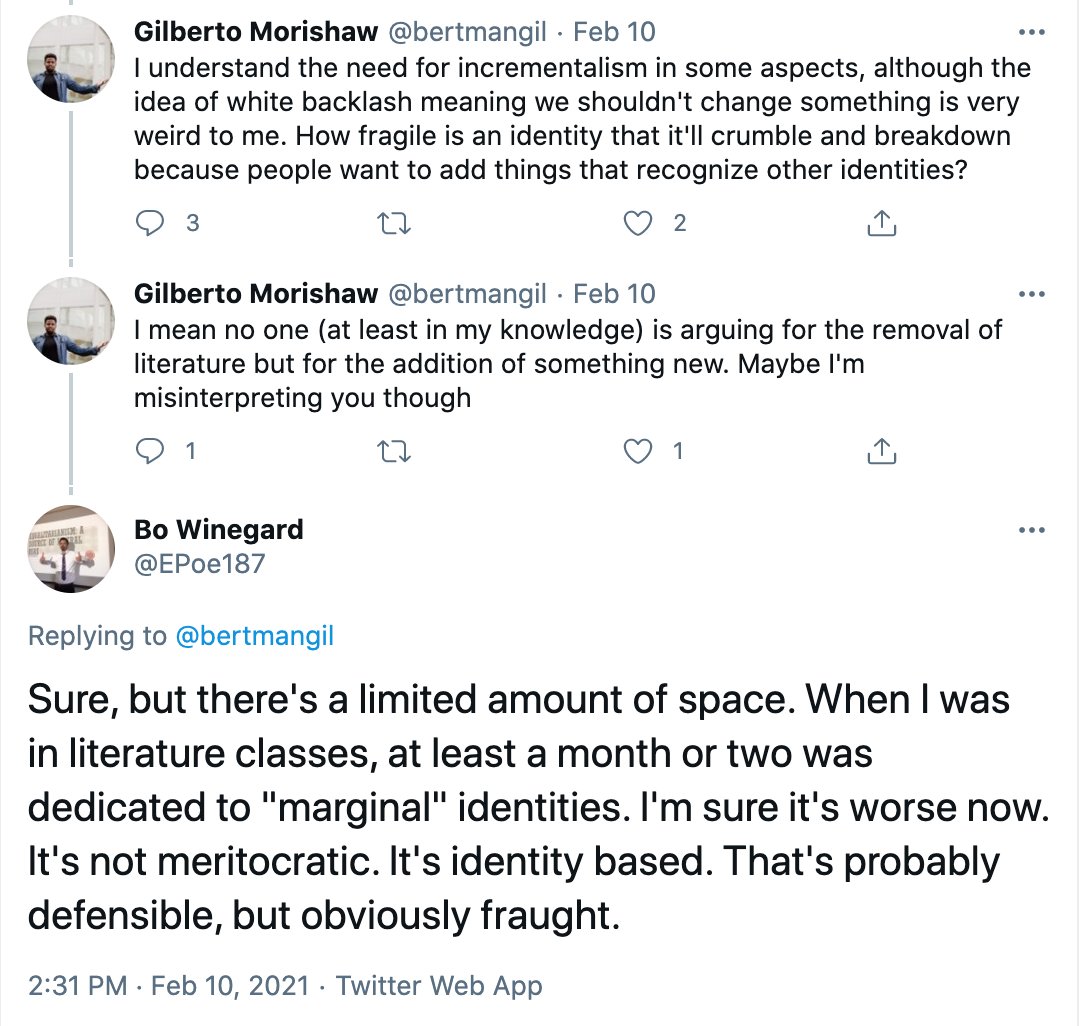
History often reveals the specificity and contingency of social, cultural, intellectual or political arrangements that appear natural or universal. At the same time, historical contextualization and comparison often undermine categorical distinctions and exceptionalist claims.
It seems to me that either giving up history as a study of the particular in favour of pursuing it as a putatively Big, predictive science, or turning it into a kind of junior political science via councils of historians, tends to work against both of these critical functions.
A focus on irreducible particulars is essential to what history does. So is a methodological diversity that resists routinization and (as is much lamented) even very large-scale collaboration. I think viewing history through the lens of science, pure or applied, is a big mistake.
This is not because history lacks “rigour,” but because what makes for rigorous history varies considerably from case to case. Historians who can be said to be following research paradigms in anything like the sense intended in sciences are the exception, not the norm.
And while from the perspective of some thinking about the development of the modern sciences this might seem to be a weakness, it is, from the perspective of history’s critical functions, a strength.
Unfortunately, it is a strength that is hard to make a case for as such in the context of universities and governments that identify “research” closely with certain kinds of science and technology, and for whom history’s critical implications are often in themselves unwelcome.
Which leaves at least some historians with a choice between being marginal and declining presences in their own institutions or imitating languages and research models at best ill-suited to (and at worst corrosive of) some of the most valuable work they can do.
• • •
Missing some Tweet in this thread? You can try to
force a refresh





